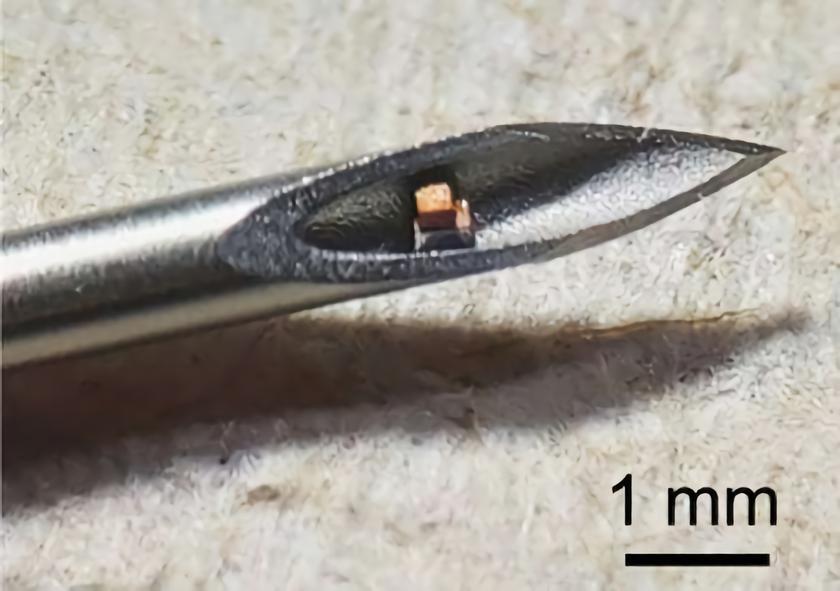1. Cutting needles

Cutting needles are designed to penetrate tough tissues such as skin, tendons, and muscles. They have a sharp, triangular point that cuts through tissue fibers, making it easier to pass through. The cutting needle is the most common type of surgical needle and is used in surgeries such as dermatology, ophthalmology, and plastic surgery.
2. Non-cutting needles
Non-cutting needles have a blunt, rounded end, making them suitable for soft tissues like internal organs. They are ideal for sutures that require minimal tissue trauma, such as bladder and uterus surgeries. Non-cutting needles are also used in neurosurgery and cardiovascular surgery.
3. Taper-point needles
Taper-point needles have a sharp, conical point that gradually tapers to a fine tip. They are excellent for passing through tissues that are not too tough, such as the liver, spleen, and kidney. Taper-point needles are commonly used in general surgery.
4. Reverse cutting needles
Reverse cutting needles have a cutting edge that faces the opposite direction of the conventional cutting needles. This design makes them more effective for penetrating through tough tissues such as tendons and cartilage. Reverse cutting needles are useful in orthopedic surgeries.
5. Round-bodied needles
Round-bodied needles have a symmetrical tip that is cylindrical shaped. They are used for suturing soft tissues such as the spleen, liver, and kidney. Round-bodied needles are also suitable for eye surgeries as they can pass through delicate tissues without damaging them.
6. Spatula needles
Spatula needles have a flat, spatula-shaped tip that is ideal for grasping and maneuvering tissues during surgery. They are commonly used in plastic surgery to hold the skin in place during suturing.
In conclusion, surgical needles are specialized tools that differ in design and function. The appropriate needle must be selected for each surgical procedure to ensure optimal surgical outcomes. The different types of surgical needles include cutting needles, non-cutting needles, taper-point needles, reverse cutting needles, round-bodied needles, and spatula needles. The type of needle used depends on the surgical procedure and the type of tissue being sutured.
With the use of superior materials, such as 18-8 Stainless Steel, surgical needles are designed to be precise, sharp, and reliable. The use of high-quality needles ensures that surgical procedures are carried out with the highest level of accuracy and safety.
So, trust your surgical procedures to the hands of skilled medical professionals, using the right surgical needles for the best outcomes.